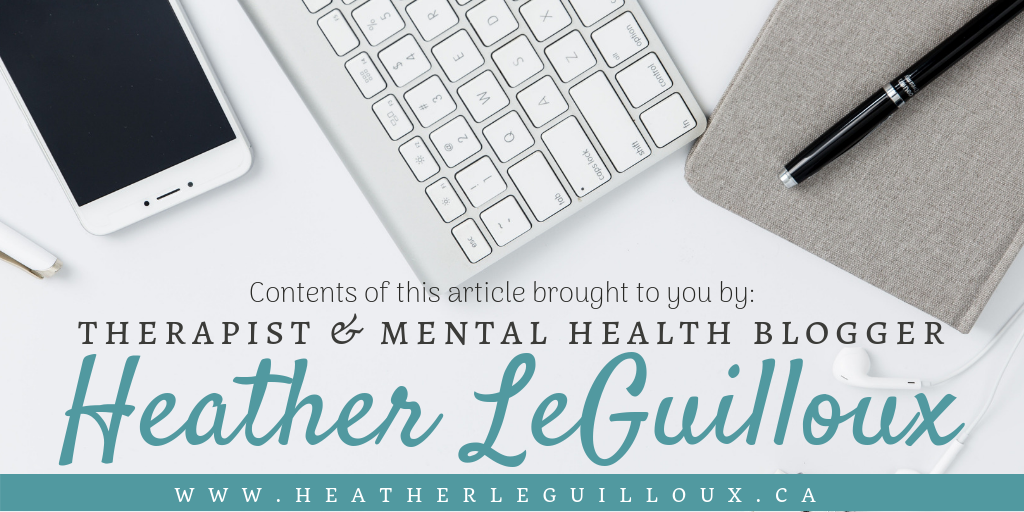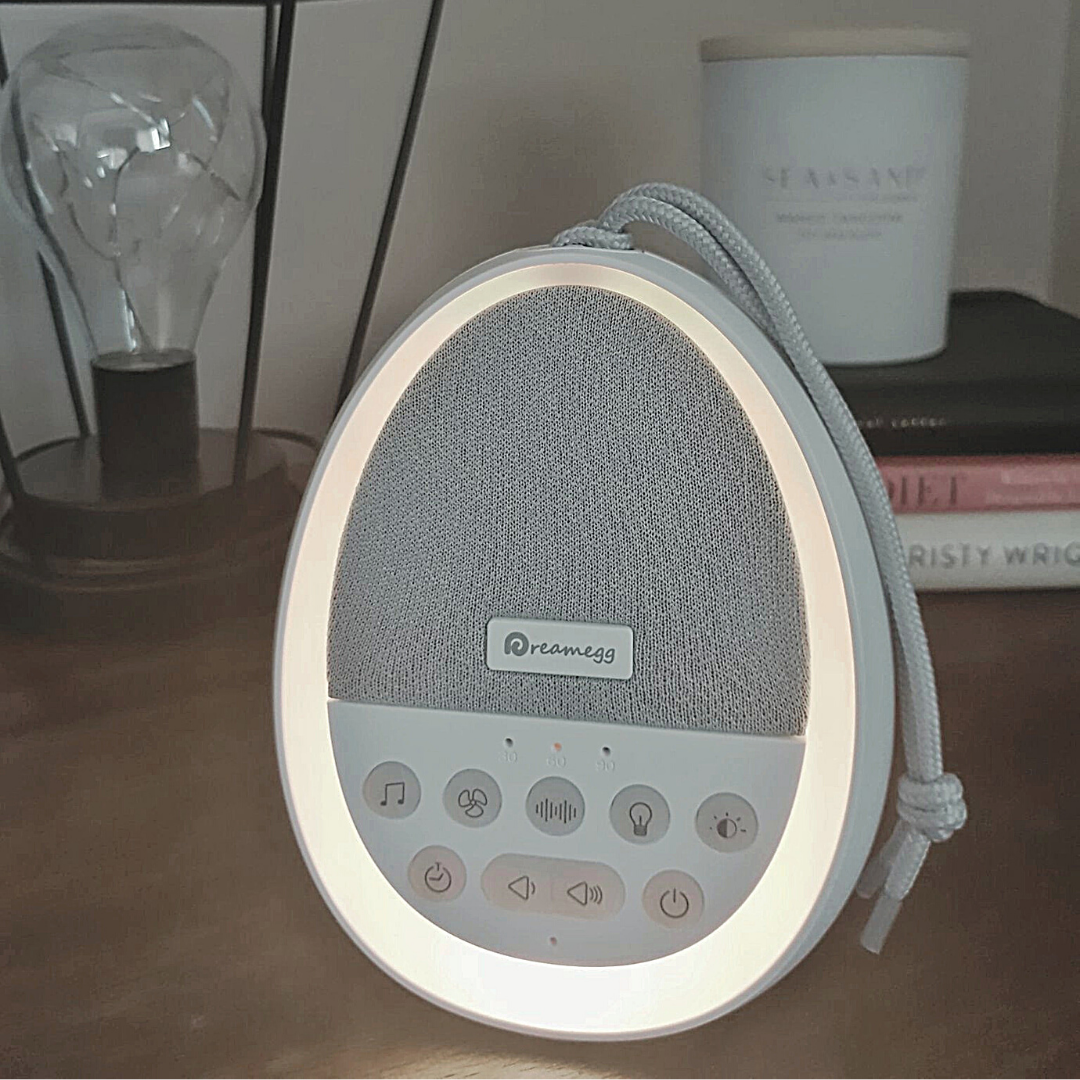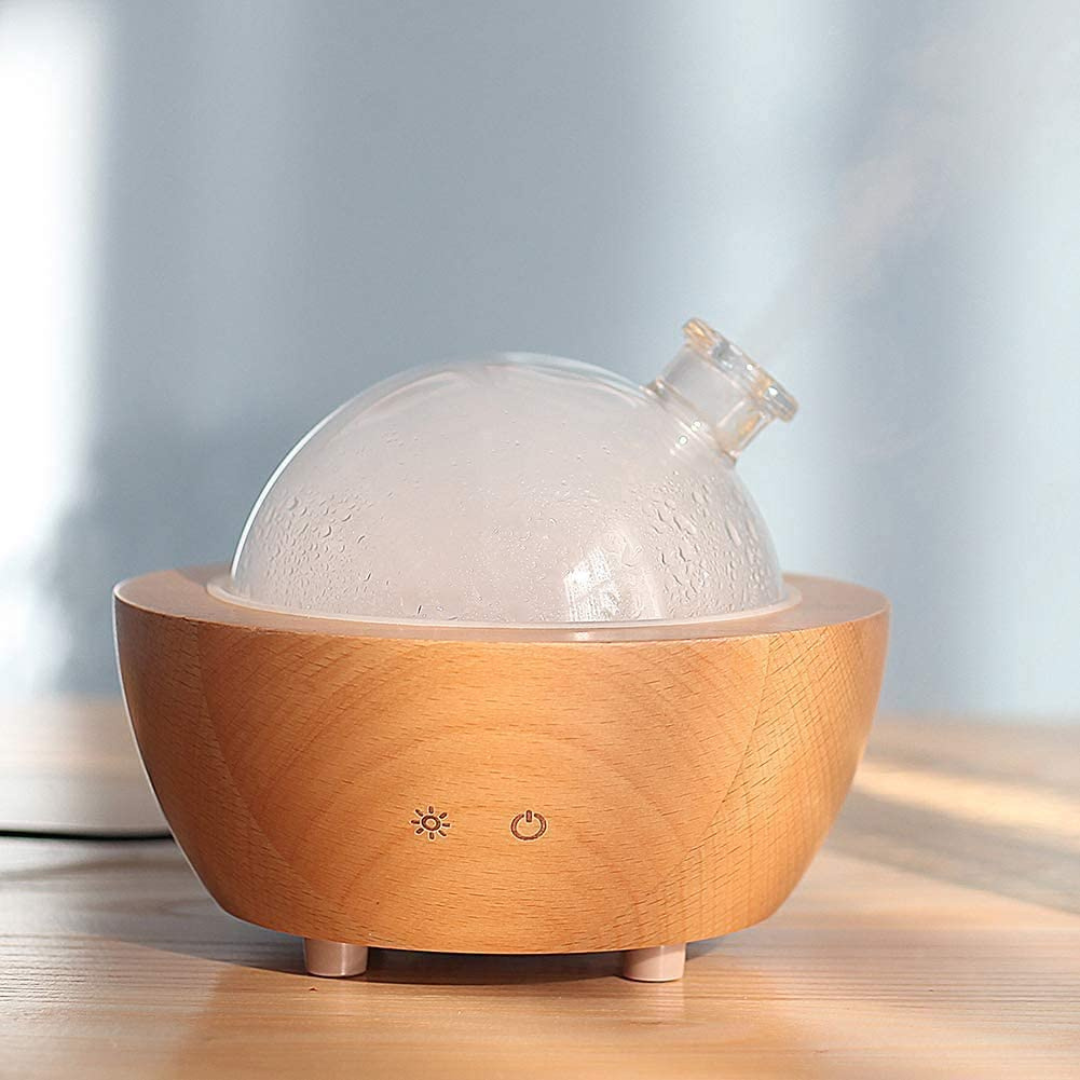|
|Your dental health has a serious impact on your physical health and your mental well being. From time to time, you may find that some sort of dental procedure can aid in dealing with an emotional illness. Removing a wisdom tooth that’s making things a bit crowded is a prime example. What can a wisdom tooth removal do to help you feel better? Consulting with an expert in Barrie dentistry in the area will help you understand all of the possible benefits. Here are four of the more common ways that the removal could make a positive difference for you. Please note: This article does not contain medical or therapeutic advice. If you are concerned about your health or well-being speak with a health professional or visit your nearest medical facility in an emergency. This is a collaborative post. 4 Key Benefits That Can Come From Wisdom Teeth RemovalFewer and Less Severe Headaches Sometimes, wisdom teeth can create more pressure than you may think. One of the ways that pressure manifests is by triggering headaches that tend to last longer and come more frequently. In the most severe cases, you may find it impossible to function. At the very least, the headaches leave you feeling irritated and snappish. Once the wisdom tooth is removed and the pressure is alleviate, those headaches won’t occur as often. Even when they do take place, some sort of over the counter pain reliever is often enough to make them go away. You’ll find that little things don’t bother you as much, and you have more patience with people in general. Your Mood is More Balanced That pressure is still present even if you aren’t around people. You can be at home and find that you feel out of sorts for no apparent reason. Nothing is to your liking and even something like the phone ringing or the sound announcing the arrival of a text makes you angry. Once that wisdom tooth is out of the way, you’ll find that your general mood is better whether you are around people or whether you’re at home trying to enjoy some peace and quiet. You Will Sleep More Soundly The pressure triggered by an extra wisdom tooth doesn’t go away just because you’re trying to sleep. Even if you feel otherwise relaxed, that pressure could make it difficult to go to sleep. Even if you can manage that, the pressure is likely to lead to waking up frequently during the night. The results is that you don’t get the recuperative sleep that your mind and body needs. Once the wisdom tooth is history, things will change. It will be easier to get to sleep and stay that way all night. You’ll wake up feeling refreshed and ready to take on whatever the day brings. Lower Risk of Dental Problems That Contribute to Depression and Anxiety Constant pain, even on a low level, has a way of wearing you down. It’s only a matter of time before the discomfort begins to manifest as some sort of emotional illness. You may develop some type of anxiety, including panic attacks. The impact on your emotions could lead to depression that never seems to get any better. While you are likely to need help to treat the depression or anxiety, this is also a time to have the wisdom tooth removed. It won’t cause the anxiety or depression to go away instantly, but it will increase the odds of recovering your emotional health sooner rather than later. If you’re living with a wisdom tooth that needs to be removed, talk with a dentist today. Find out what you can expect during your wisdom tooth removal recovery, including an improvement in how you feel. You may be amazed at how much this one procedure will make life a little better. Related Articles: The links in this article may be affiliate links that I will be compensated for at no additional cost to you. Want to start your own blog? Click here to learn how!
0 Comments
Your comment will be posted after it is approved.
Leave a Reply. |
Welcome to the blog!↓ That's me, Heather. :)
MENTAL HEALTH RESOURCE VAULTGreat!Check your email for instructions on how to access the Mental Health Resource Vault. Categories
All
Popular Posts// 25 Positive Mindset Quotes
// Self-Care Bullet Journal Spreads // 7 Ways Your Physical Health is Connected to Your Mental Health |





 RSS Feed
RSS Feed
















